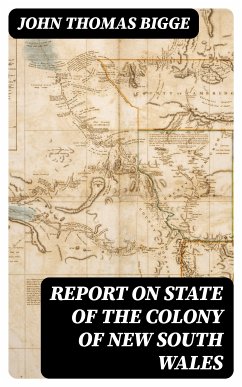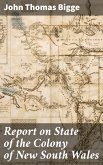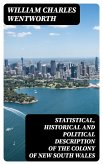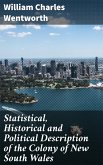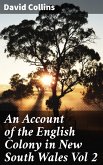In his seminal work, "Report on State of the Colony of New South Wales," John Thomas Bigge provides a meticulous examination of the early colonial experience in Australia during the early 19th century. Written in a clear and authoritative style, the report combines empirical observation with statistical analysis, portraying the socio-economic conditions, governance, and potential of New South Wales. This extensive document served as a critical resource for understanding the challenges and opportunities present in this fledgling colony, situating it within the broader context of British imperial expansion and colonial policy reform. John Thomas Bigge was commissioned by the British government in 1825 to investigate the conditions in New South Wales and report on its administration and land usage. His background in law and finance, coupled with his experience in colonial issues, positioned him uniquely to deliver a thorough account. Bigge's findings not only highlight the complexities of colonial management but also reflect his own views on land reform and social order, rooted in Enlightenment ideals of progress and rational governance. This book is essential reading for historians, political scientists, and anyone interested in the nuances of colonial studies. Bigge's insights provide a foundational understanding of New South Wales' development, making this report indispensable for comprehending the dynamics of British colonialism and its lasting impact on Australian society.
Dieser Download kann aus rechtlichen Gründen nur mit Rechnungsadresse in A, B, BG, CY, CZ, D, DK, EW, E, FIN, F, GR, H, IRL, I, LT, L, LR, M, NL, PL, P, R, S, SLO, SK ausgeliefert werden.

